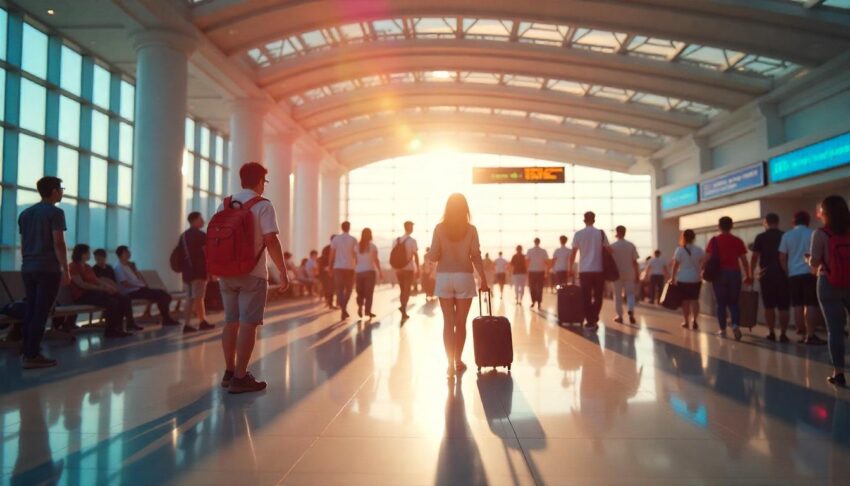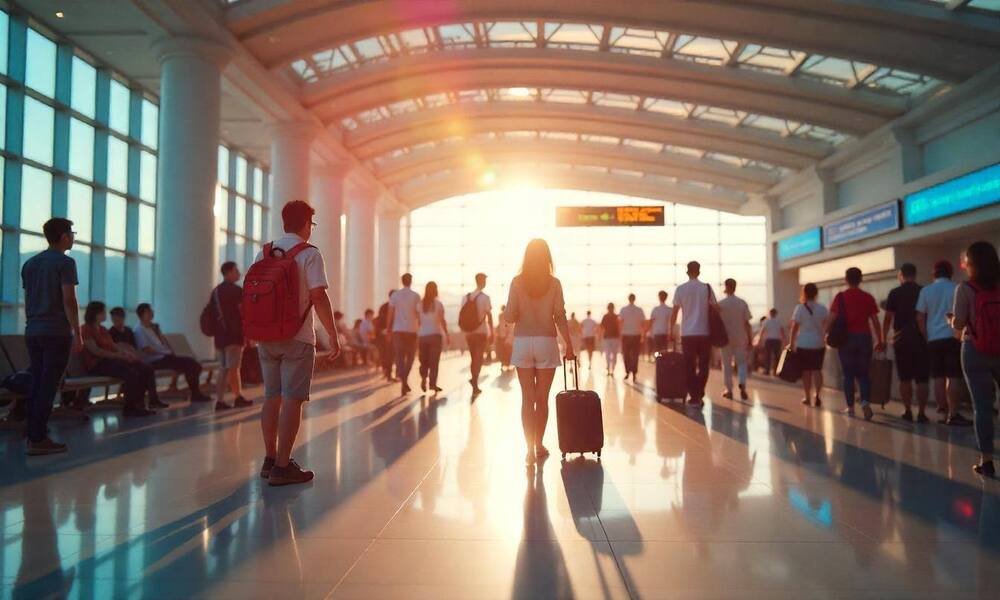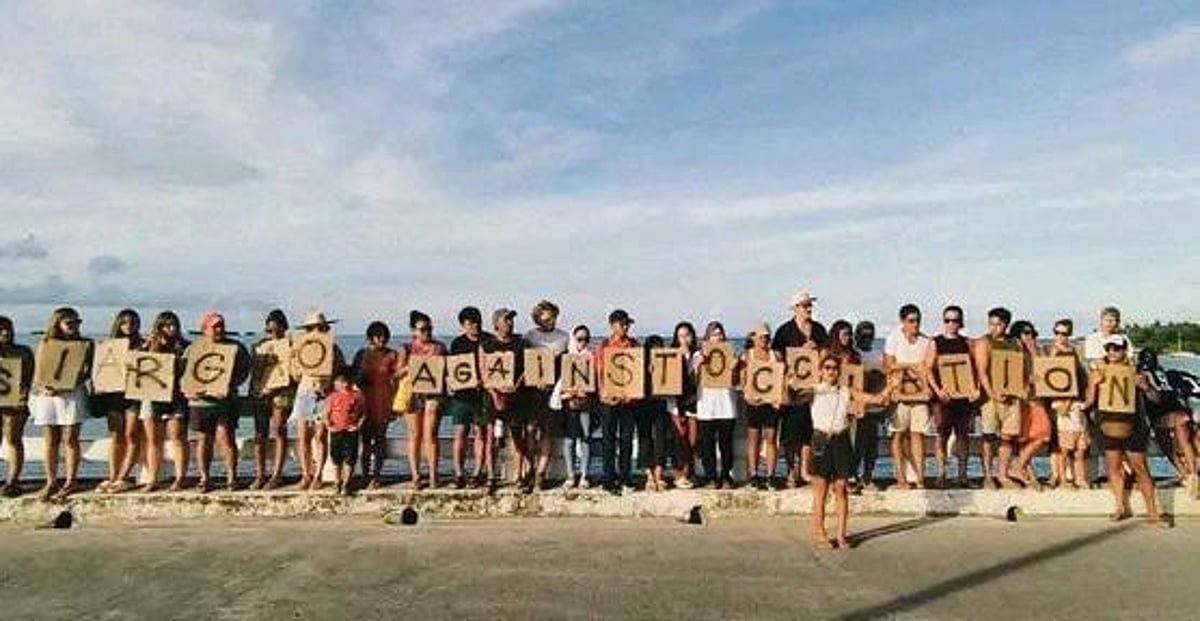Saturday, June 14, 2025

Taiwan has extended visa-free entry for Filipino citizens through 2026, boosting tourism, economic ties, and people-to-people connections with the Philippines.
Taiwan Extends Visa-Free Entry for Filipino Travelers Through 2026, Strengthening Bilateral Tourism and Economic Ties
Filipino travelers can continue to visit Taiwan without needing a visa until 2026, following the latest extension of Taiwan’s visa waiver program for Philippine passport holders. This renewal allows eligible travelers from the Philippines to enjoy visa-free access for short-term visits lasting up to 14 days. However, this privilege remains limited to ordinary passport holders, as it does not apply to individuals carrying diplomatic or official/service passports.
This extension reflects Taiwan’s continued commitment to fostering closer ties with the Philippines. First reintroduced in September 2022 after a pandemic-induced suspension, the visa waiver program was originally set to end on July 31, 2025. With the June 2024 announcement, the validity period has now been prolonged, ensuring uninterrupted travel access through 2026. This move offers greater convenience and flexibility for Filipino tourists, business travelers, and those visiting family or attending short-term events.
The decision is part of a broader diplomatic and economic strategy to enhance engagement with Southeast Asia, where the Philippines has emerged as a key partner. In recent years, Taiwan and the Philippines have intensified cooperation across a range of strategic sectors—including agriculture, renewable energy, advanced technology, infrastructure development, and economic resilience. These shared interests have helped cement a more dynamic and mutually beneficial relationship.
Tourism plays a particularly vital role in this bilateral connection. In 2023, the Philippines ranked as the top source of Southeast Asian visitors to Taiwan, with approximately 415,000 Filipino arrivals recorded during the year. This impressive figure highlights the growing popularity of Taiwan as a travel destination for Filipinos, driven by cultural affinity, convenient access, and the country’s diverse attractions.
Beyond tourism, Taiwan is also a major destination for overseas Filipino workers. An estimated 160,000 Filipinos are currently employed in Taiwan, working across various industries such as manufacturing, healthcare, and domestic services. These workers not only contribute significantly to Taiwan’s economy but also play a crucial role in supporting their families and communities back home in the Philippines through remittances.
The continuation of visa-free travel is expected to enhance these economic and social links even further. More accessible travel enables smoother movement for families, better opportunities for employment, and stronger business collaborations. It also encourages cultural exchange, educational partnerships, and shared innovation in industries that benefit both nations.
Taiwan considers this visa policy a diplomatic bridge—one that promotes not only tourism and labor exchange but also mutual understanding and long-term friendship. By keeping its borders open to Filipino travelers, Taiwan signals its appreciation for the ongoing contributions of Filipinos to its society and economy. In return, Taiwanese authorities have expressed hopes that the Philippines will introduce a similar visa-free scheme for Taiwanese citizens, encouraging a more reciprocal relationship rooted in respect and shared opportunity.
As the Indo-Pacific region continues to evolve in terms of economic connectivity and geopolitical importance, strong partnerships like the one between Taiwan and the Philippines are increasingly critical. This visa-free arrangement is just one of many tools being used to deepen that connection, support regional stability, and create lasting bonds between communities.
With the program now extended through 2026, Filipino travelers can confidently plan their visits to Taiwan—whether for tourism, family reunions, education, or business. The ease of entry will likely lead to increased visitor numbers, more diverse exchanges, and stronger bilateral engagement in the years to come.












